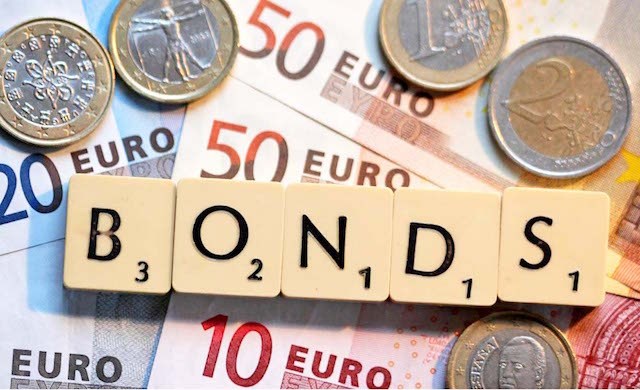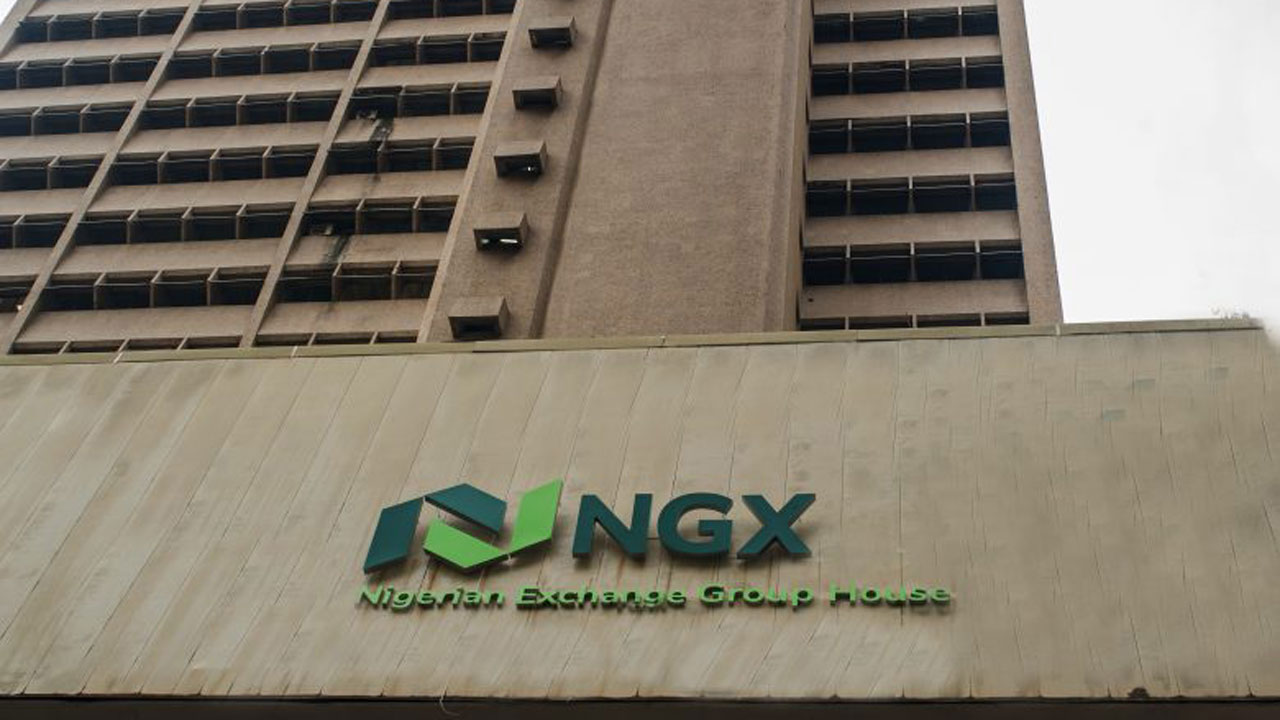Due to a scarcity of foreign currency in the economy, the Nigerian naira saw considerable daily depreciation in the Investors and Exporters foreign exchange (fx) window, giving up prior gains versus the US dollar.
Given its relative undervaluation, the local currency is still having trouble establishing itself in the foreign exchange market. While the apex bank waits for convergence, the difference between official and parallel market rates has been fluctuating on both sides.
Analysts at Broadstreet agree that, for the time being at least, the liberalization of the foreign exchange market is insufficient to attract international investors and hot money. In the first quarter of 2023, Nigeria’s capital import decreased year over year.
The international oil companies have been given authority to sell their revenues in foreign currency to Nigerian deposit money institutions, which would ease the liquidity situation at the Investors, Exporters FX window.
Investment bankers and economists continued to hold the view that in order to raise morale and draw capital into the economy, the Central Bank of Nigeria must first pay out the FX backlog owing to foreign investors who wanted to upstream foreign money offshore.
MarketForces Africa was informed by analysts that the action is favorable for the Nigerian naira and points to a plot to boost the local currency, which according to Bank of America’s Global Research report is undervalued. BofA predicted that the Naira will recover to N680 after all the FX dust settles.
Market players sold US dollars to requisitors at N788.42 on Tuesday because the supply side was weaker than the levels of demand seen. The naira fell 5.96% vs the US dollar, trading at N788.42 from N744.07, exceeding the non-deliverable future market prediction of N785 in a month. This information was obtained from the FMDQ Exchange over-the-counter FX platform.
Nigeria’s senior unsecured 500 million dollar 6.375% government bonds, which mature on July 12, 2023, are anticipated to be settled in the meantime.
The local currency saw yet another value fall on the black market. In the midst of a surge on the world crude oil market, currency dealers said on Tuesday that the local currency decreased 0.08% to N795.7 from N795 per dollar.
Brent crude rose 0.19% to $78.32 per barrel, while West Texas Instrument (WTI) crude gained 0.46% to $73.52 per barrel. Oil futures rose on Tuesday, boosted by expected supply cuts from top oil exporters Saudi Arabia and Russia and an improved energy demand outlook in China amid planned stimulus.
Today, Nigeria’s $500 million Eurobond is expected to be settled. With $34 billion in gross external reserves, the repayment is expected to have minimal economic impacts.













